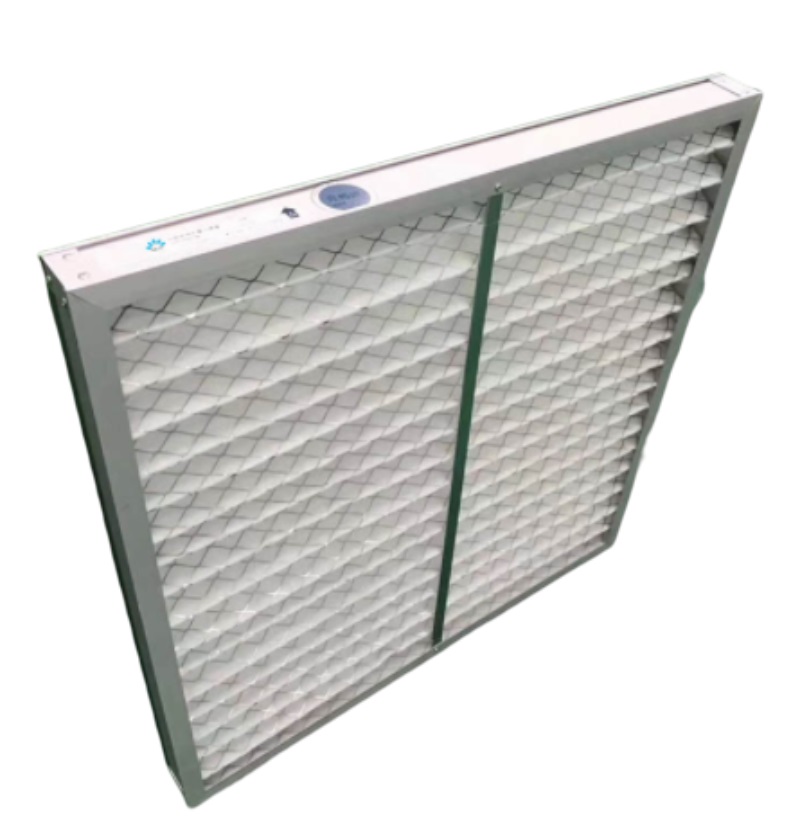Choosing the right HEPA Filter material is essential for effective air purification.High-efficiency particulate air(HEPA)filters rely on carefully engineered fibers to trap airborne particles such as dust,pollen,smoke,and even some bacteria.The most common Hepa Filter material is fiberglass,although some filters use synthetic fibers like polypropylene.These fibers are arranged in a dense,random pattern,allowing the filter to capture particles as small as 0.3 microns.

The performance of hepa filter material depends on its structure.The dense web of fibers uses multiple mechanisms,including interception,impaction,and diffusion,to ensure maximum particle capture.This makes HEPA Filters ideal for homes,offices,medical facilities,and industrial environments where air quality is critical.
Proper maintenance of hepa filter material ensures it continues to perform efficiently.Over time,dust and pollutants can accumulate,reducing airflow and filtration efficiency.Regular replacement or cleaning of the filter,according to the manufacturer’s instructions,keeps air quality at its best.Selecting high-quality hepa filter material not only improves filtration but also extends the lifespan of your Air purifier.
In summary,understanding what hepa filter material is made of helps users make informed choices and maintain cleaner,healthier indoor air.Its unique fiber composition and dense structure make it a reliable solution for removing even the tiniest airborne particles.